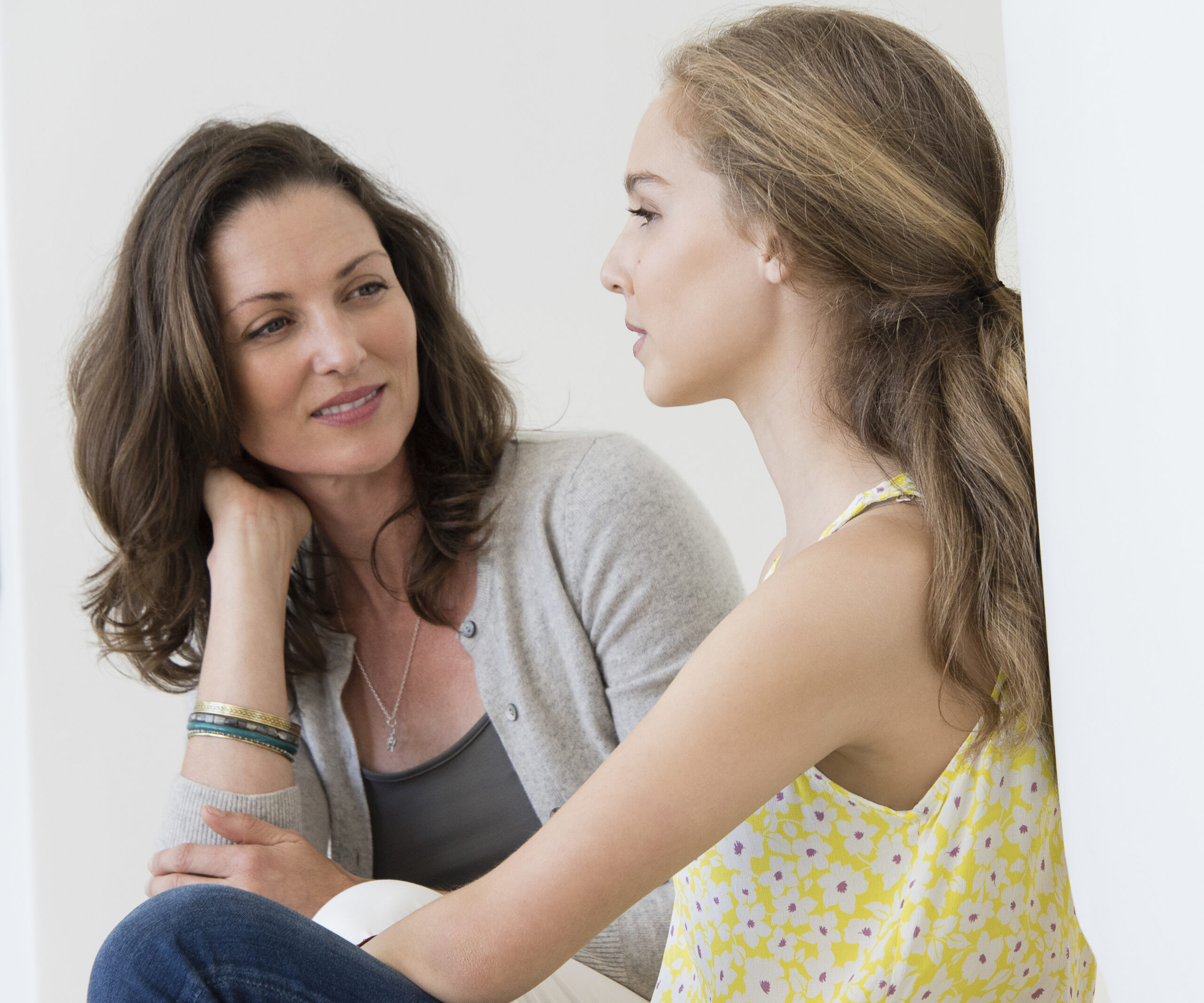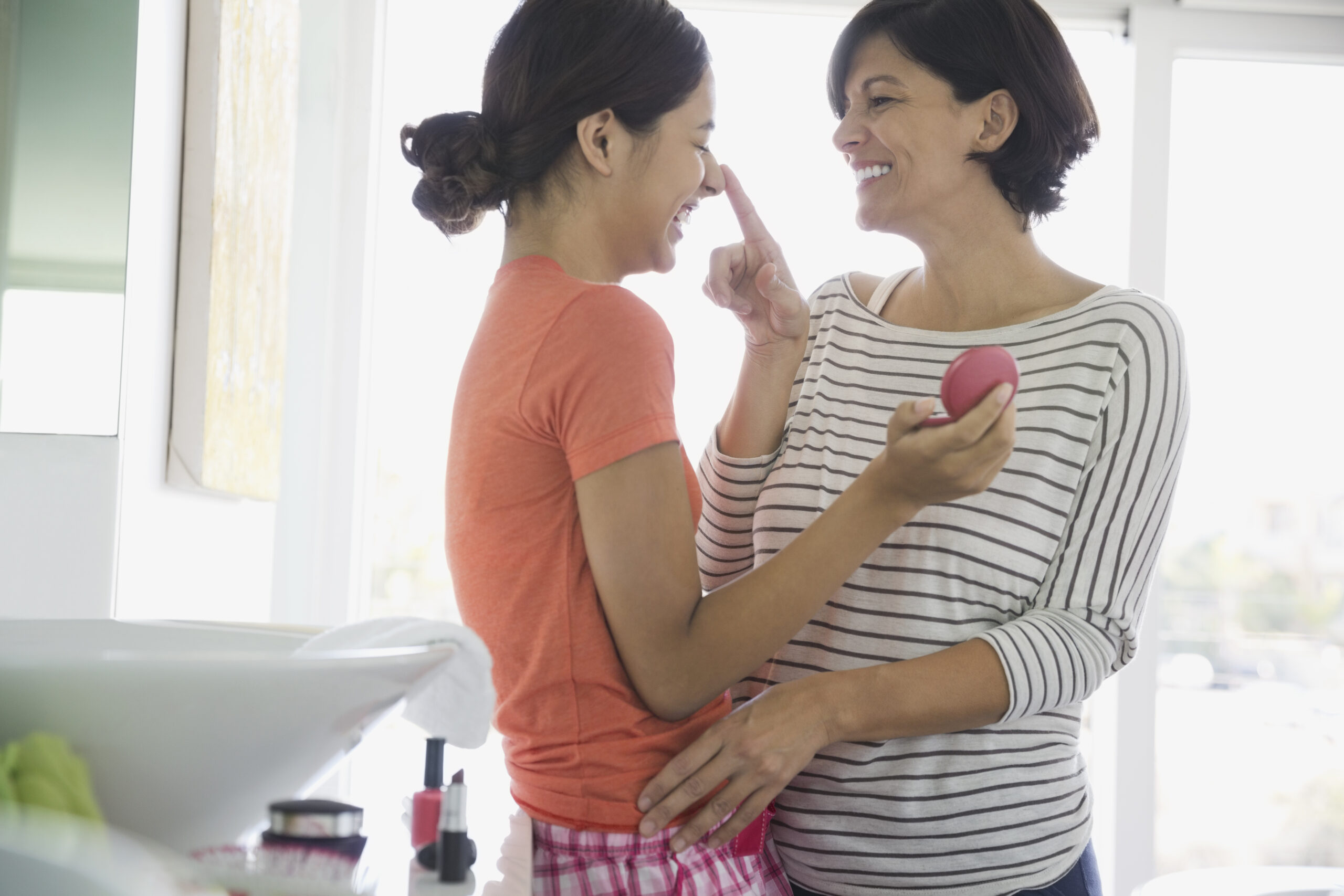The one thing I wish my mum had talked to me about when I was a teenager was how to say no – with confidence.
As it turns out I am probably not the only one who has wished this, with sex educators today (30 years on) saying parents are still not good at talking with their kids about issues like consent.
American sex educator Dr Leslie Kantor, from the Planned Parenthood Federation of America, is here in New Zealand to discuss sexuality education with Family Planning NZ and says, “Parents worldwide report that they’ve had some kind of conversation [about the birds and the bees with their child] but they don’t necessarily continue the conversation over time.
“We have found in the US that some of the really specific how-to discussions – like how do you refuse a sexual experience that you don’t want to have, or how do you talk to a partner about what you do want to do – are not happening.
“I think that especially right now, with the global conversation about sexual harassment and sexual assault, we’re really seeing what happens when we don’t give young people those really specific tools to deal with other people… and refuse.”
Dr Kantor is of course talking about the #Metoo movement.
But hang on a minute. What Dr Kantor just said sounds like the onus is on girls/women (or men) to say no, rather than on perpetrators to take responsibility for their behaviour.
“There are a few pieces to this,” Dr Kantor continues.
“We need people to really understand what consent means – both giving it and hearing it. You’re absolutely right that we haven’t spent enough time on the hearing it and the observing of it.
“It’s so helpful that we’ve opened up this conversation worldwide because some bad behaviour has gone on for a long time,” she says.
“There are still people out there who believe ‘no really means yes’, and there is work to be done to change those myths.”
Dr Kantor will be spending this week talking specifically to Family Planning NZ about increasing their reach to teenagers through digital platforms and social media. In the US Planned Parenthood has been creating online content for teens and giving them greater access to it by pushing it out through social media channels.
Some of their content has been about consent.

“Thinking about peer relationships, the key is it’s about how you feel,” she says.
“If you feel uncomfortable or reluctant in any way then put a stop to it. Say ‘we need to have more conversation about this’.
“And if you’re not comfortable having the conversation with this person maybe this isn’t a good person for you to consider doing this with.”
On the other side of the coin, if you’re the person “who might be completely into it” you need to pay attention to the other’s body language, Dr Kantor says.
“As human beings we do communicate a lot through our body language and so it’s about getting people to be more tuned in to someone’s ambivalence or tentativeness. Look for enthusiasm on the other side.”
Dr Kantor believes some of the reason teens don’t say no (when they want to say no) is because they believe ‘everybody else is doing it’ and overrule their own feelings.
“This is another reason why sex education is so important. It gives young people a chance to learn to think critically about the messages they’re getting from the media and the world around them.”
Parents are still considered by sex educators as their children’s primary source of information. Even if we don’t talk specifically about sex with our kids, we give off messages about relationships, sexuality and body image through our actions and behaviours.
Rather we think about what messages we want to give them than accidentally give them the wrong ones, Dr Kantor advises.
With #Metoo, never has there been a better time to discuss consent with your teens.
Make the most of it, Dr Kantor encourages. Use everyday “teachable moments” like a song that comes up on the radio, a sex scene on TV or a relationship issue in a movie to start a conversation.
“I’m from the US and our Hollywood movies are certainly a big piece of the problem here, right. They suggest to people that you look across the room at somebody and the next minute you’re in bed with them. They don’t explain all of the in between.
“One of my favourite lessons to do with high school students is to say, ‘What are all the things that should happen in between? How would that look? What are the conversations?'”
Going forward, sex education needs to give teens more information about relationships, how you get into a relationship and how you can tell whether someone genuinely likes you, Dr Kantor says.
“These are the things that young people want to know about and that will help them to make good decisions about sexual partners.”


-scaled.jpg)